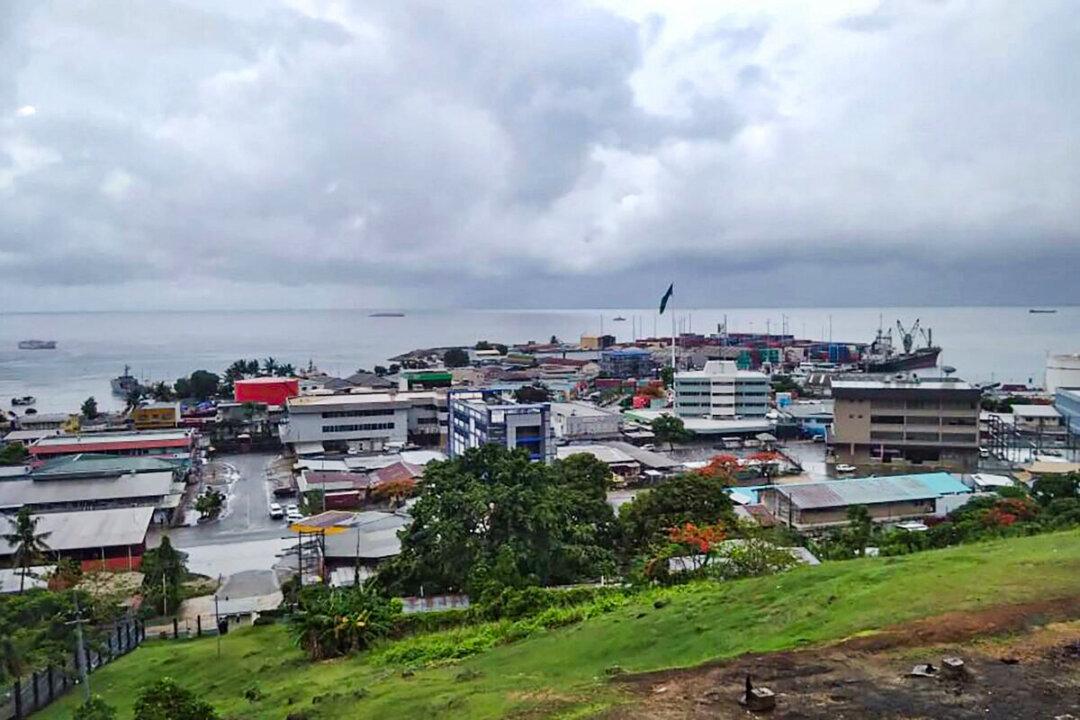Daniel Suidani, the former premier of the Malaita province in the Solomon Islands and a known critic of the Chinese Communist Party (CCP), allegedly got a visa on April 4 to travel to the United States after bipartisan congressional support poured in for his cause.
The development happened almost two months after Suidani was ousted from power in a no-confidence motion, allegedly for his vocal criticism of his country’s controversial relationship with China.





